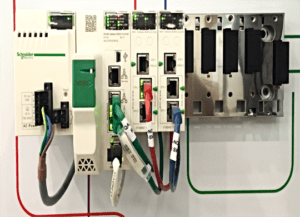Scheider PLC Course
Learn about the Schneider Electric System Integrator Packagesget employed Automation sector. This is a course in the Automation domain.
- 24 weeks long course | Online and Offline
- Learn from leading experts in the industry
- Project based learning with 4 industry level projects that learners can showcase on LinkedIn.
- Learn Key Tools & Technologies in Automation




